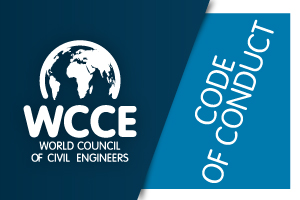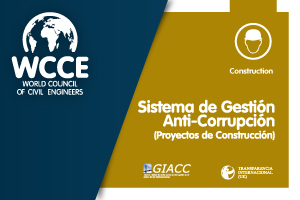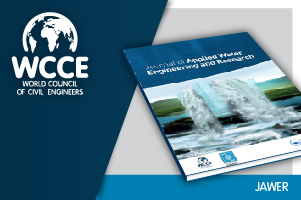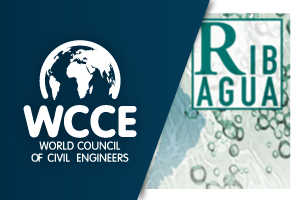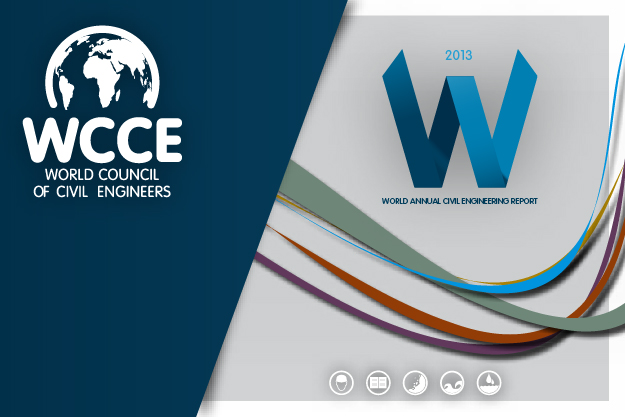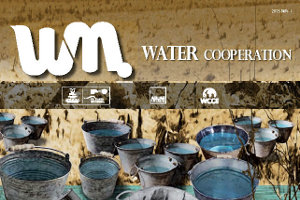 This has been one of the main subjects of the 6th World Water Forum, “Time for Solutions”, held in Marseille, France, last March. Ensuring that sufficient financing is mobilised in order to reach ambitious targets and objectives for the water sector is absolutely critical. In many countries, the investments needed to deliver sustainable water and sanitation services, expand their coverage and upgrade service delivery to meet current social and environmental expectations, are huge.
This has been one of the main subjects of the 6th World Water Forum, “Time for Solutions”, held in Marseille, France, last March. Ensuring that sufficient financing is mobilised in order to reach ambitious targets and objectives for the water sector is absolutely critical. In many countries, the investments needed to deliver sustainable water and sanitation services, expand their coverage and upgrade service delivery to meet current social and environmental expectations, are huge.
Throughout the world, the challenges of providing access to safe water and sanitation are further accentuated by increasing demands from other water uses due to factors such as population increase, pressures to increase food production, rapid urbanisation, degradation of water quality, and increasing uncertainty about water availability in the context of climate change.
Addressing these challenges will require both large capital investments for new or upgraded infrastructure, on-going investments in operations and maintenance and funding of critical “soft” activities, such as governance reforms or capacity building.
The benefits from such investments for society are substantial. Yet, most systems are underfunded with dire consequences for water and sanitation users, especially the poorest.
Strategic financial planning for water supply and sanitation (SFP) is essential as we cannot afford to waste resources: too many projects are failing for lack of sustainable financing. Special attention should also be paid to improving service efficiency, so as to reduce costs while providing better service. The case of Zambia demonstrated that a long term plan of improving efficiency and increased metering led to improved financial sustainability, coming from both reduced unit costs and better access to revenues from different sources, including commercial sources. Just like every other activity, the water sector needs R&D, maintenance and marketing to ensure the sustainable development of the services. Investing in soft measures improves the chances that investments will be successfully implemented, generate sustainable services and effectively used by communities to generate economic dividends.
A number of solutions to attract new funds to support water policies were raised such as the promotion of private involvement in water management (Morocco) the payments for ecosystem services (China), Financing from Multiple Water Services (FAO) and Basin financing (Lao People’s Democratic Republic).
There were also suggestions about solutions to strengthen governance, as a condition for efficient financing such as integrated water rates (France), water markets and pricing (Australia, New South Wales).
It was emphasized that all parties must play their part and pay their bills. All costs of service provision must be clearly understood. The 3Ts (Taxes, Tariffs and Transfers) is an important tool that can be adopted according to the importance of each element. Not all 3Ts are equal: tariffs can generate the bulk of financing but they are still a controversial issue so tariff reform must be handled with care. Regulation (and regulators) can play an important role in achieving this difficult balancing act. Principles of Sustainable Cost Recovery should also be included in the process of providing financial support to the WSS sector by all major International Financial Institutions and a number of countries by 2014.
To foster the objective of financing water, all key messages were emphasized among stakeholders:
- Providing access to water services and preserving water resources requires adequate financing
- Governments and utilities should plan strategically and be financially realistic: investment plans should reflect available financial resources
- Costs should be covered from an adequate and sustainable mix of the 3Ts - tariffs (paid by customers), taxes (paid by the whole population) and transfers from international aid should form the framework for financing.
- Tariffs must be considered within the context of sustainability in its broadest sense including socially and financially.
- It is imperative that the legal framework is adapted to reflect financing goals and that new sources of finance are found.
- There can be no right to water without sustainable cost recovery
- Strengthening the capacity of governments and utilities is a key condition to attract investment
- Additional funding can be mobilised from new sources, including Decentralised Solidarity Mechanisms
- Concessionary funding should increasingly use progress-linked and/or output-based mechanisms that incentivise sustainable pro-poor services delivery
- Creation before the end of 2012 of a knowledge platform on strategic financial planning that will enable experience-sharing.
- By 2015, further develop the strategic financial planning toolkit to make it accessible in a cost-effective manner for countries that are resource or data poor, as well as make it useful for local authorities.
WCCE is committed to improve living conditions of all mankind. This is impossible without an appropriate framework to finance water for all.
Francisco Hijós, Chairman Standing Committee on Water


